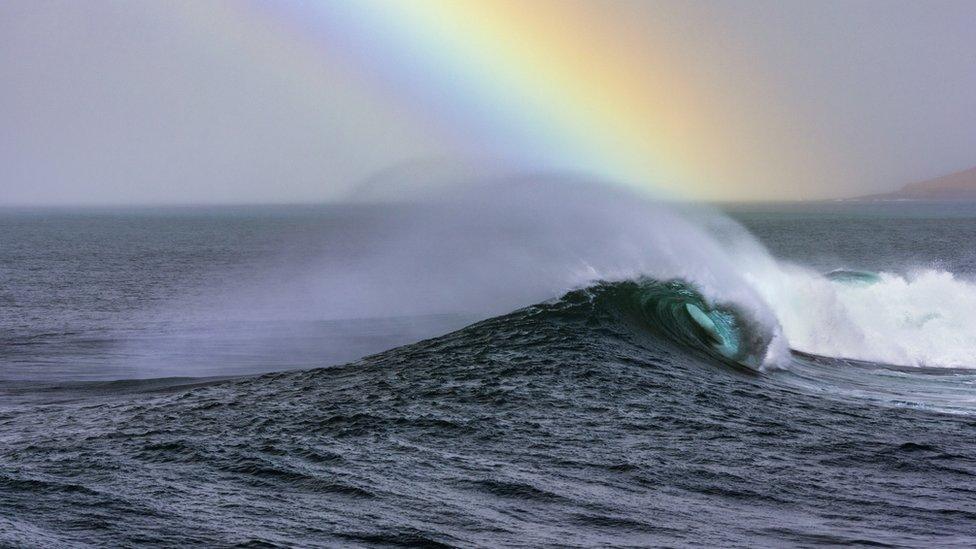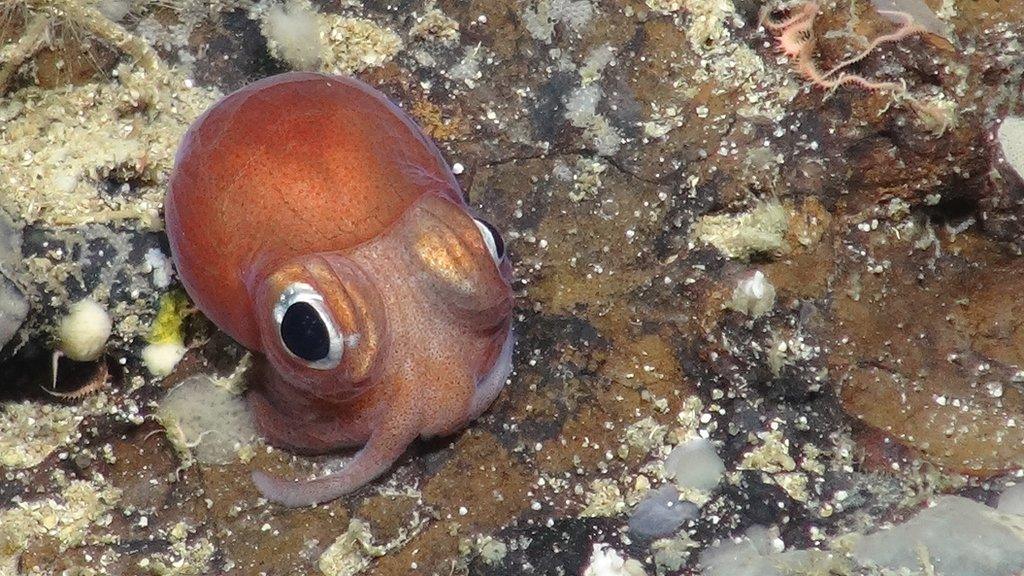Anger in Western Isles over plans to protect Scottish waters
- Published

An islands local authority has said it would oppose plans to protect stretches of water in its region.
The Scottish government has committed to designating at least 10% of Scotland's seas as highly protected marine areas (HPMAs) to offer better protection to ecosystems.
Commercial and recreational fishing would be banned in the zones.
The Western Isles' Comhairle nan Eilean Siar said this would be devastating for the local economy.
Scotland already has a network of marine protected areas covering about 37% of its seas.
The Scottish government, which is consulting on the proposals, external, said it would work closely with the fishing industry and others on the new policy.
But the comhairle said there had been "very real anger" at a meeting it held to discuss the plans, and also gauge the views of the local fishing industry.
The local authority said it would strenuously and vigorously oppose any HPMA proposals in the Western Isles or west coast of Scotland.
Councillor Norman MacDonald said: "These HPMA proposals, if they proceed, will be devastating to the economy of the Outer Hebrides.
"HPMA's will decimate the fisheries sector, will devastate some of our most peripheral communities and will lead to further depopulation from our islands."
He added: "It is clear, that Edinburgh-based government ministers and policy makers have no understanding of the devastating consequences these disgraceful HPMA proposals will have on the economy and community of the Outer Hebrides if they come to fruition.
"Even worse they do not seem to care."
All forms of fishing, including catch and release angling, would be prohibited in an HPMA.
Seaweed harvesting would also be banned, no new marine renewable energy schemes would be allowed and their would be restrictions around the laying of subsea cables.
Managed levels of swimming, snorkelling and windsurfing would be allowed.
Environment Minister Mairi McAllan said it was recognised Scotland's fishing industry provided well-paid jobs and produced healthy, quality food.
She said: "The sector can only truly be a sustainable success story if we work together to address and mitigate any impacts on the natural environment, whilst providing positive outcomes for Scotland's communities.
"Improving marine protection allows key species and habitats to restore and recover, benefiting both nature and our economy by making sure there are sustainable levels of fish and other marine products to be derived and benefitted from our seas."
She added: "We will continue to work closely with industry to make this transition as smooth as possible and will be considering any adverse consequences as part of the current consultation.
"Any HMPA policy announcements will include early engagement with industry to support preparedness."
Related topics
- Published9 October 2020
